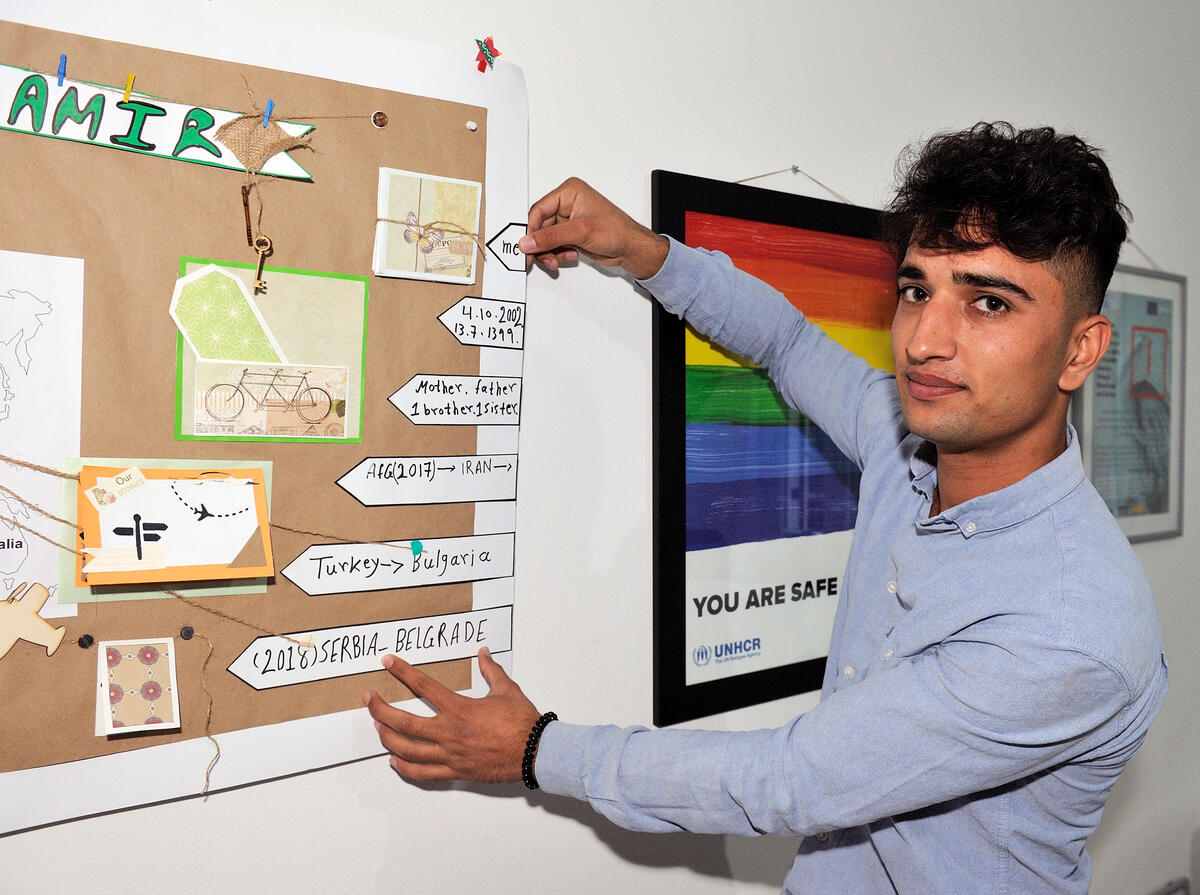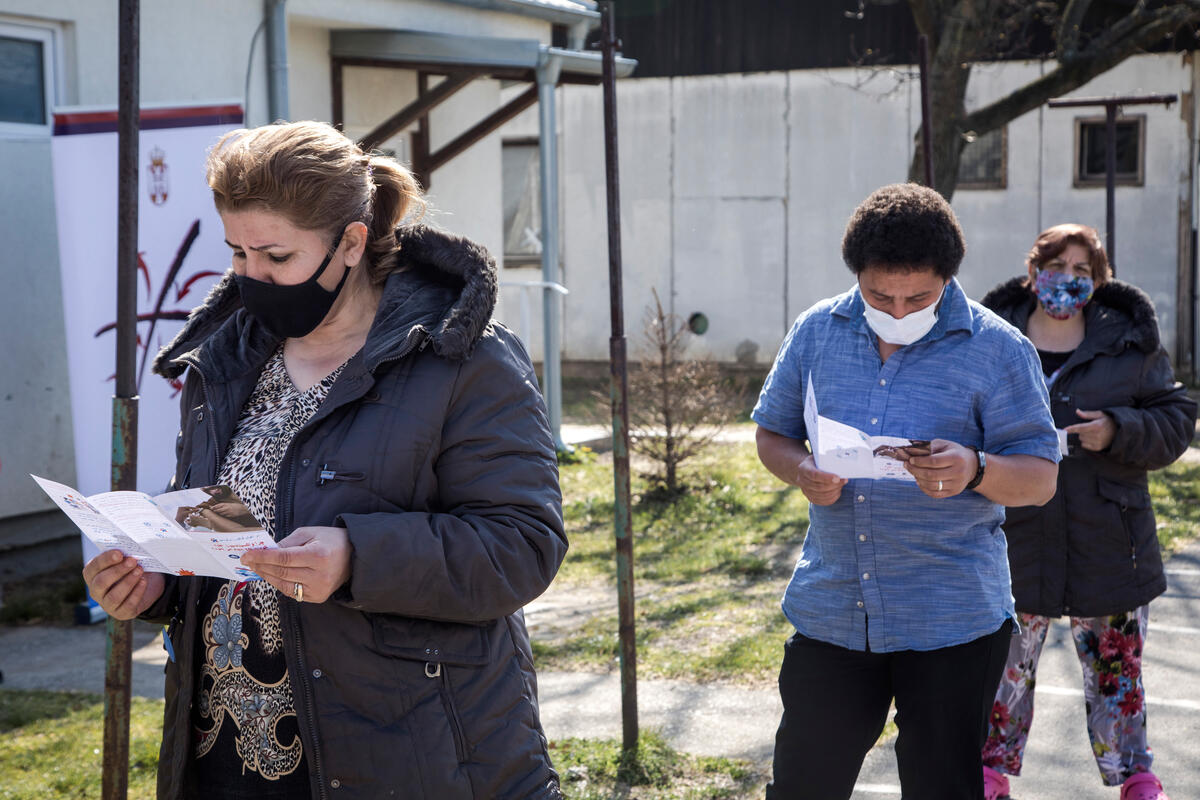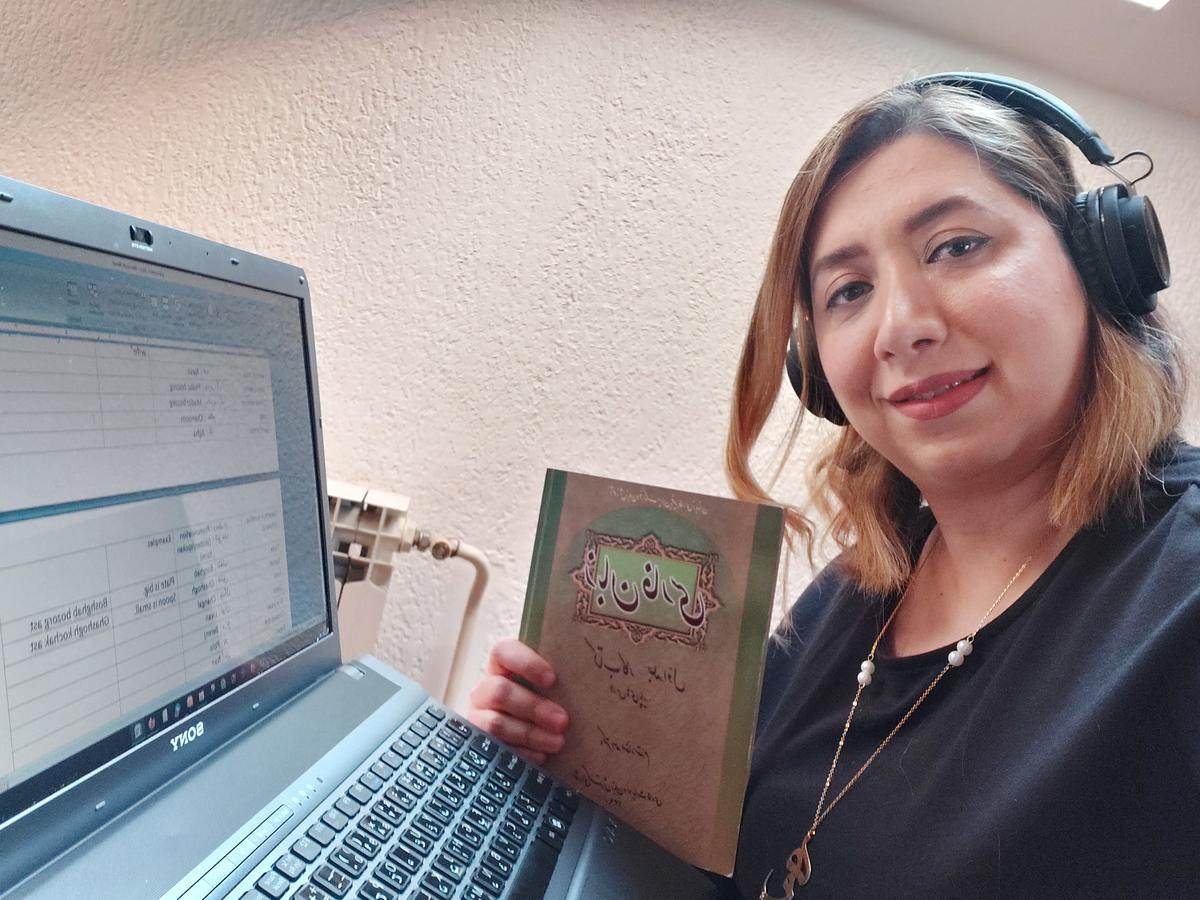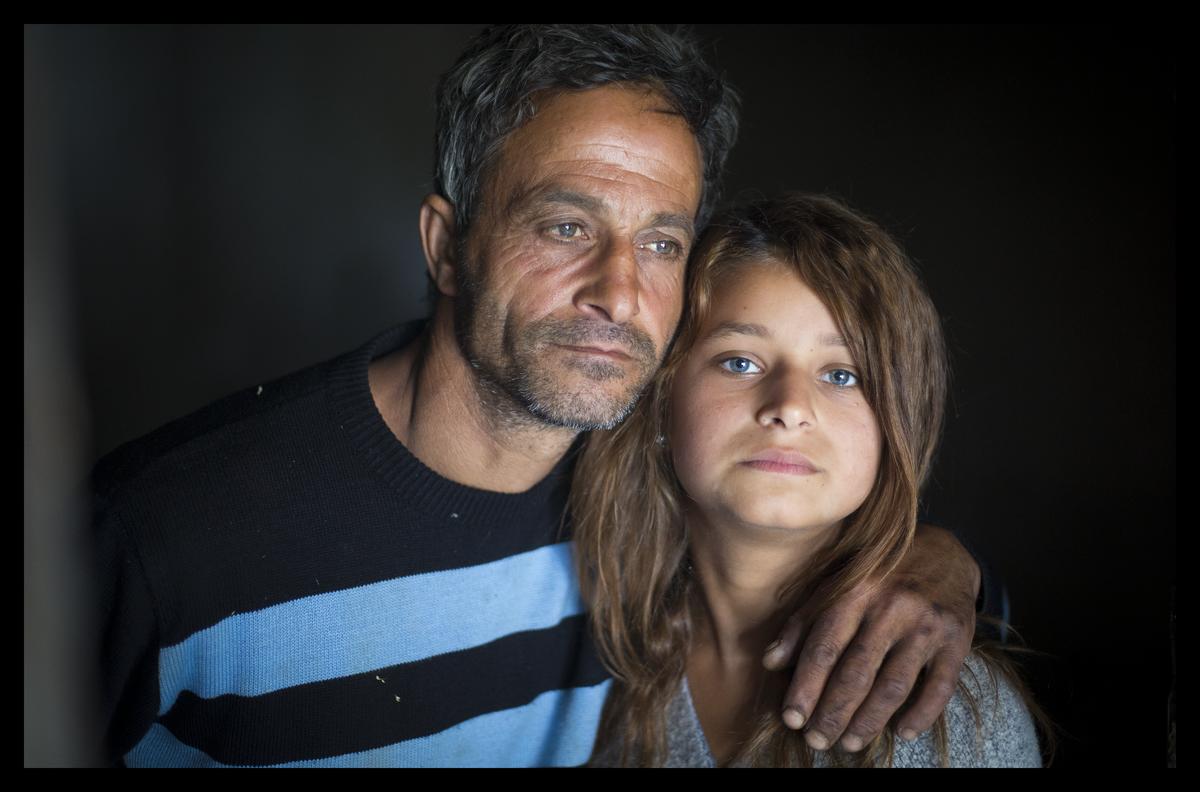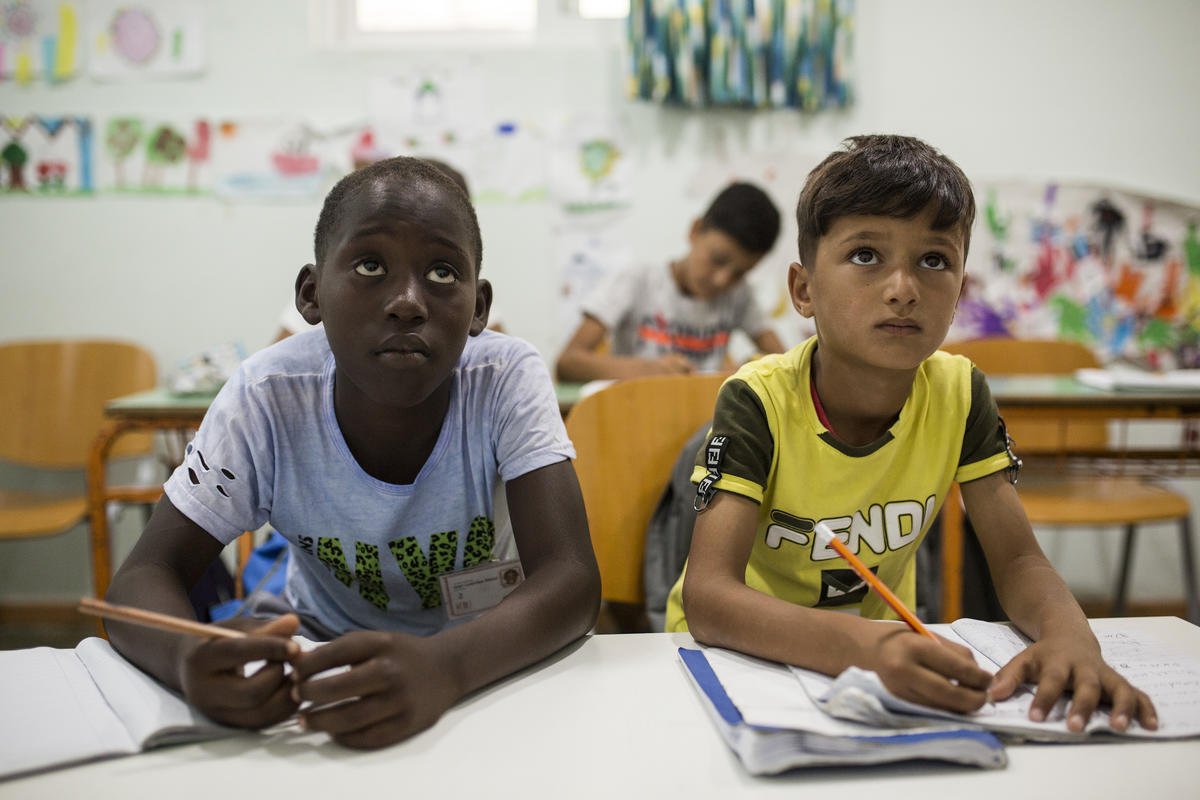Kosovo Crisis Update
Kosovo Crisis Update
Albania
Albania received nearly 4,300 new arrivals during the weekend, coming from villages west of Pristina. These new refugees followed the arrival at the Morini border crossing already during the night of Friday to Saturday (9-10 April) of a group coming from the village of Vragolija, located just west of Pristina. (See Update of 10 April). During the day on Saturday 10 April, 88 persons arrived from Prizren and on Saturday evening, another 4,200 refugees came through the Morini border. The latter group came from small hamlets west of Pristina in the Kosovo Polje municipality. Another 28 refugees from Prizren arrived on Sunday.
The refugees from the villages west of Pristina said they were told to leave by the Serbian security forces. They were allowed to take their vehicles with them and though they had to pass through many check points, no violence was used against them during their journey. As with previous groups, their identification papers and car number plates were taken away, but medical agencies working with UNHCR at the border reported the refugees were in relatively good physical condition on arrival.
The estimated total number of refugees in Albania is now 309,500. Of this figure, UNHCR estimates that no more than 80,000 remain in the Kukes area, as the Albanian authorities continue to move refugees out of Kukes to other parts of the country, with the help of aid agencies.
Around 6,000 refugees who had been temporarily housed in four schools in Kukes were moved out over the weekend to enable the schools to reopen. Many refugees were bussed to central Albania, while those wishing to stay in Kukes were taken to other collective accommodation centres in the area.
Several cases of measles have been confirmed among refugee children in Kukes. UNICEF, with the support of non-governmental agencies, will launch a vaccination campaign starting Tuesday, 13 April.
The food situation for refugees in the Kukes area is improving, with humanitarian rations and other supplies arriving on trucks and on helicopters made available to UNHCR and other agencies by various governments for ferrying supplies from Tirana to the north of the country.
UNHCR is currently discussing with the Albanian government and other agencies present in the country procedures for carrying out a country-wide registration of the Kosovar refugees.
FYR of Macedonia
The border was closed again on Sunday 11 April, after 380 refugees arrived on Saturday. 300 of them crossed at Jazince and another 81 refugees at Blace, after walking down the railroad tracks to avoid landmines.
The refugees arrived from Urosevac town, but originally came from the village of Sojevo. They said that they had first been expelled from their village by paramilitary forces who gave them 5 minutes to leave. Most villagers fled into the hills, but they said that one handicapped person and his wife and three others who couldn't run fast enough were shot. After the group had spent two days in the hills they were flushed out by paramilitaries and told to line up in the village. They were robbed of their valuables and forced to buy tickets to go to Macedonia. Those who couldn't pay for the trip reportedly had to walk to the border.
Over the weekend, UNHCR started a comprehensive registration of the refugees staying in the Brazda camp. This tent-to-tent registration will subsequently extend to other camps in Macedonia. It is being carried out with OSCE assistance by roving teams. There will be no registration points, in order to avoid long lines and waiting periods. This general registration will replace the separate registration used earlier for candidates for evacuation. It will provide vital data about the refugee population as well as information relevant for the eventual evacuation of refugees to other countries.
Republic of Montenegro
Arrivals of displaced people from Kosovo in Montenegro continued over the weekend. Around 1,500 arrived on Saturday, another 1,100 arrived on Sunday morning and another 1,000 on Sunday afternoon and evening. All arrived by foot at Rozaje, and all came from the Istok area.
The border town of Rozaje is increasingly packed with displaced people. Over 14,000 new arrivals are staying there, placing a severe strain on accommodation facilities and raising concerns about sanitation. Industrial sites providing temporary shelter are full to capacity, with most recent arrivals being directed to the Napredak and Dekor factories. Some 6,000 Kosovars are housed in factories, 1,000 in mosques and 7,000 in private houses.
UNHCR is providing plastic sheeting to enable displaced people to stay temporarily in unfinished buildings. Many of the displaced people subsequently move onward to the coastal municipality of Ulcinj, which now hosts over 21,000 displaced people from Kosovo.
There are over 63,000 displaced people from Kosovo staying in Montenegro.
UNHCR-IOM Humanitarian Evacuation Programme
UNHCR coordinated the evacuation of 3,200 refugees from Macedonia over the weekend. Refugees travelled to Germany, Norway, Poland and Turkey. The total number of refugees evacuated so far since the airlift began on 7 April is 7,987. This includes 1,980 (number subject to verification) evacuated in bilateral arrangements between Macedonia and Turkey, before UNHCR/IOM co-ordination of the airlift began.
To date, Germany has admitted the largest number of refugees - over 4,400 - with Turkey having taken in over 3,000. Another 1,300 refugees are to be evacuated on Monday 12 April.




